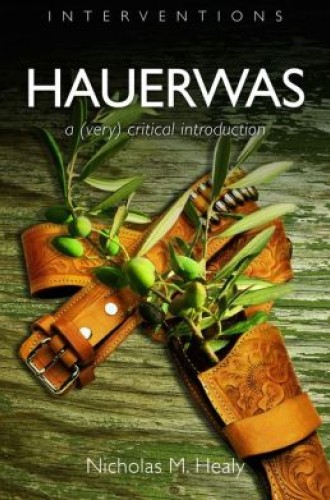Hauerwas, by Nicholas M. Healy
Reading Nicholas Healy’s book on Stanley Hauerwas’s work reminded me of Karl Barth’s words about what it takes to read a theologian well enough to offer critique. According to John Godsey, Barth warned students reading Friedrich Schleiermacher’s great work The Christian Faith to hold back criticism. “Your first obligation is to read Schleiermacher himself and come to understand him from the inside; only then do you have a right to criticize him.”
To read a theologian from the inside does not mean that the reader has to do all the work. Barth provided practical guidance for his students, and Barth himself has been the focus of many searching attempts to read his Church Dogmatics. In particular, I find George Hunsinger’s book How to Read Karl Barth to be an exemplary model of what it means to provide a reader’s guide to the work of a particular theologian. By describing the interacting motifs that readers will encounter, Hunsinger helpfully exhibits the shape of Barth’s theology. Such books provide sufficient orientation to enable readers to move forward in their quest to understand what the theologian has to say.
Hauerwas’s works challenge readers for several reasons. He has published more than 40 books, including his most recent, Approaching the End. Very few people have read all that Hauerwas has written, and despite his recent retirement from Duke Divinity School, he continues to write essays and books. Furthermore, Hauerwas does not approach the theological task in a systematic way. As a result, many of his essays in theological ethics remain deliberately unfinished. Finally, reading Hauerwas is hard work because his readers frequently discover authors, texts, and arguments that they did not know existed.






